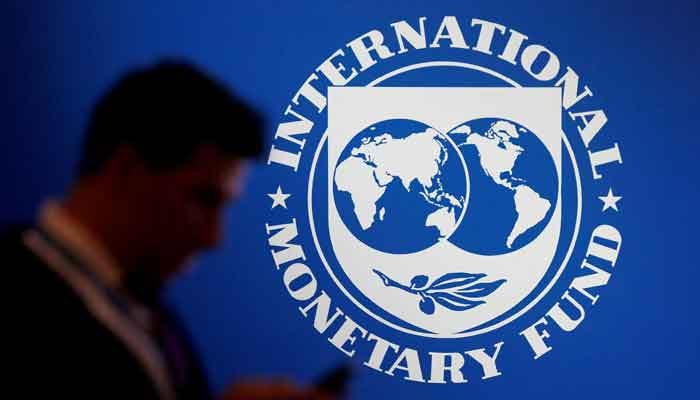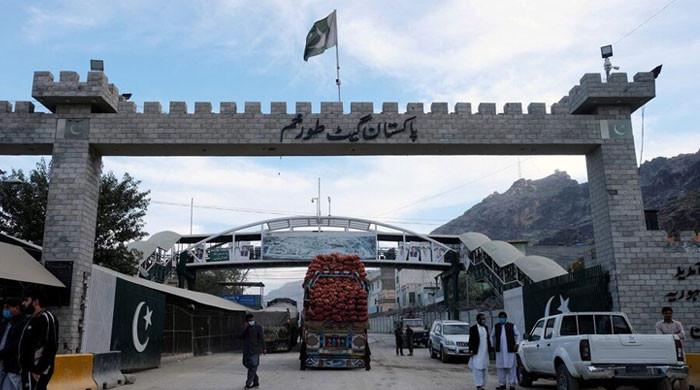Pakistan not included in IMF August 28 agenda despite securing SLA
“We are making good progress towards getting the board approval in September," says finance minister
August 20, 2024

- Pakistan yet to sign Letter of Intent.
- Making progress on getting approval: Aurangzeb.
- Pakistan, IMF struck staff level agreement in July.
ISLAMABAD: Pakistan is yet to secure confirmation on an external financing gap of $3 to $5 billion, despite passage of five weeks after striking a staff-level agreement under a fresh bailout package of Extended Fund Facility (EFF).
Thus, Pakistan is, so far, unable to sign a Letter of Intent (LoI) for making a formal request to the IMF’s executive board for considering approval of $7 billion under the EFF programme.
Finance Minister Muhammad Aurangzeb and the State Bank of Pakistan (BSP) governor are supposed to sign the LoI on behalf of the government and the commitment would be dispatched to the IMF’s executive board with a request for approving $7 billion under the EFF programme of 37 months.
The external financing has again surfaced as major stumbling block in the way for securing fresh bailout package from the IMF. The IMF has issued calendar for executive board’s scheduled agenda items and Pakistan was not included into list of countries for which the IMF board would consider approval of loans till August 28, 2024.
This scribe contacted Aurangzeb to ask about signing of the LoI and consideration of the IMF’s executive board for granting approval on Pakistan’s request of $7 billion package. In his brief reply, he said, “We are making good progress towards getting the board approval in September.”
Pakistan and the IMF had struck a staff level agreement on July 12, 2024 and it was hoped that Islamabad’s request would be considered for approval by the IMF’s executive board in four to six weeks.
When both sides had struck the staff level agreement, the IMF statement clearly stated, “this agreement is subject to approval by the IMF’s executive board and the timely confirmation of necessary financing assurances from Pakistan’s development and bilateral partners”.
Pakistan will have to repay $26.2 billion in external debt during the current fiscal year 2024-25, out of which there would be a rollover of $12.3 billion deposits.
It was conveyed to the IMF that the foreign deposits would be rollover for one-year period. It was the wish of the government to secure rollover for three-year period, but the countries like Saudi Arabia, China and the United Arab Emirates (UAE) committed for one-year rollover.
Originally published in The News











